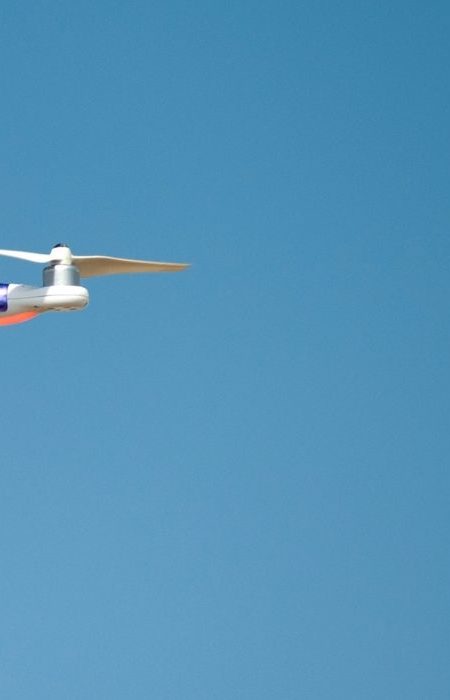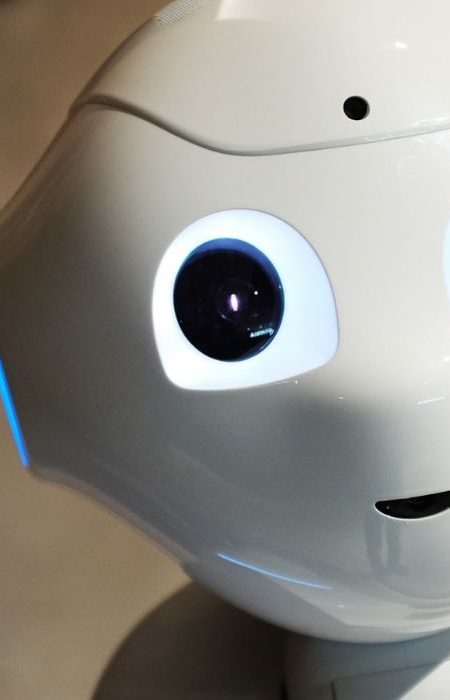RPA for technical developers
Robotic Process Automation (RPA) Advanced training is intended for developers starting their journey to become RPA developers. This training provides a core understanding of RPA fundamental concepts for anyone involved in an Agile and/or DevOps automation team.
Osallistumismuoto
Classroom
Remote
Kesto
2 days
Hinta
1550 €
Target Group
For technical developers who will develop or maintain RPA agents (software robots).
Prerequisites
Basic familiarity with business processes and any coding language provides a good starting point. Any automation background (test automation, production automation) is a good asset.
Contents of RPA for technical developers
Day 1:
What it means to be an automation developer in an agile development team. What requirements and limitations must be considered before engaging in a RPAdevelopment sprint.
Agile/DevOps Development Introduction
- What does it mean to develop and maintain software robots in an Agile/DevOps-oriented environment
- Core concepts
- Team member ways of working and responsibilities.
What is automation in general
- Why do we automate
- What are the similarity and differences between RPA and other forms of process automation.
Culture
- Introduction to an RPA culture
- Key elements of RPA
- Implementation of a RPA culture.
Organization
- Organizational models
- Autonomous teams
- Architecture styles
- Governance.
Day 2:
Robotic Process Automation (RPA) Advanced training is intendent for developers starting their journey to become RPA developers. This training provides a core understanding of DevOps fundamental concepts for anyone involved in an Agile and/or DevOps automation team.
Best practices for mapping and documenting the processes/tasks to be automated. Examples of ways, templates and environments for documenting the process and programming logic and maintaining configuration information.
Processes
- How to identify processes/tasks fit for automation
- How to identify which processes/tasks are not suitable for RPA
- Software delivery lifecycle in a DevOps organization.
Documentation Processes
- Practical examples of how processes/tasks must be observed and documented for RPA
- Why do we need to document in a detailed enough level
- Examples of templates and how software configuration version management and logs should be stored.
Exercise 1
- Simulation of a task to be automated and documentation of the process for technical implementation.
Development of software robot
- How the development work of a software robot starts, which iterations to expect, how to manage change situations
- How to manage backlog
- How to transfer the software robot into production and which pitfalls to avoid
- How to document a software robot implementation.
Schedule
Course begins at 9.00 and ends at 16.-16.30. Breakfast is served from 8.15 onwards.
Pidätämme oikeudet mahdollisiin muutoksiin ohjelmassa, kouluttajissa ja toteutusmuodossa.
Katso usein kysytyt kysymykset täältä.
Saattaisit olla kiinnostunut myös näistä koulutuksista:
Aiheeseen liittyvät webinaarit
Aiheeseen liittyvät blogit

